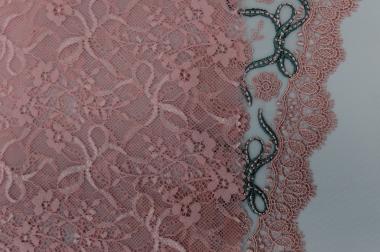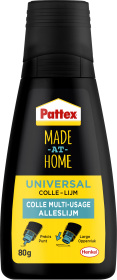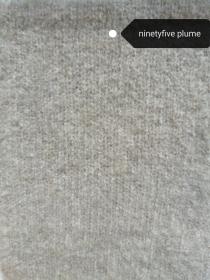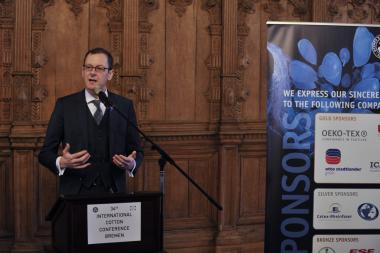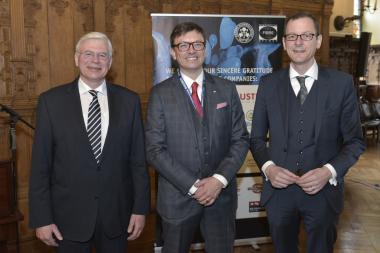ILUNA Group with ROICA™ by Asahi Kasei
In line with the powerful global trend towards smarter fashion solutions, Iluna Group launches its Embroidery Division. Specialists in lace since 1985, the new Embroidery Division offers a complete and innovative product match in line with the modern expectations of brands and retailers. Staying true to Iluna’s DNA, the introduction of embroidery and guipure are all produced with only recycled materials.
IIn addition to the launch of the Embroidery Division, this season novelties include:
1. Of major interest today, the launch of velvet lace entirely made of sustainable materials including ROICA™ Eco-Smart family.
2. Within the Black Label collection, the Ultralight series is enriched with new multicolor floral galloons: here Iluna changes the color of the thread not only in the background, but also in the design, the same article reinvents itself in a variety of great visual impact.
3. Green Label collection, the Iluna dedicated range featuring a new responsible approach in respect of the planet and people, able to deliver innovation, beauty and quality, at 360°. In addition to the all over, jacquard, double jacquard and mesh offer, the line is also featuring new stretch Galloon laces fully made with GRS certified recycled materials, including the stretch thanks to the introduction of the unique ROICA™ sustainable yarn part of the ROICA™ Eco-Smart family.
4. ILUNA has strategically included in all their stretch laces only ROICA™ Eco-Smart family of sustainable yarns since some time.
5. ILUNA can also boast its new STeP (Sustainable Textile Production) certification by Oeko-Tex, a certification that clarifies and communicates the company’s sustainable production commitment. In addition to this, all products are Oeko-Tex 100 certified.
6. ILUNA has created the new e-shop offering its exclusive materials to smaller companies looking for added values as: creativity, innovation, made in Italy and responsibility.
7. The whole collection is also visible online at its web site, previous registration, and orders can be done directly online always aiming to customers care.
ILUNA Group, ROICA, partnership, certified materials Embroidery Division sustainable yarn Sustainability
GB Network Marketing & Communication


